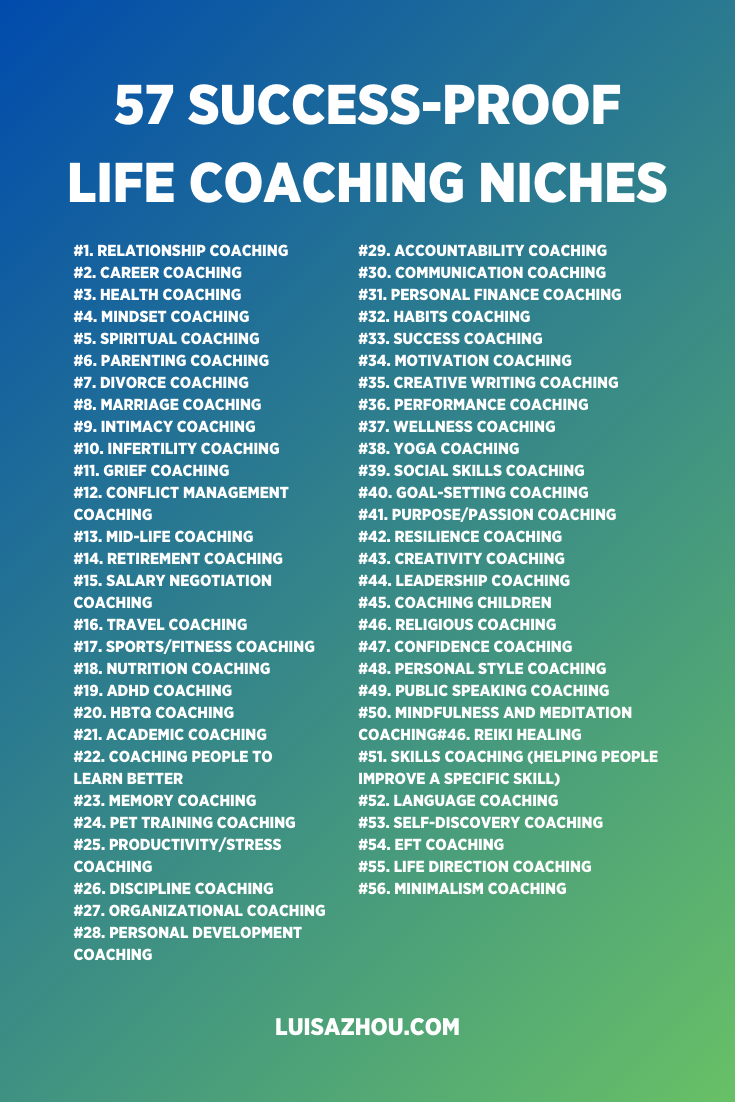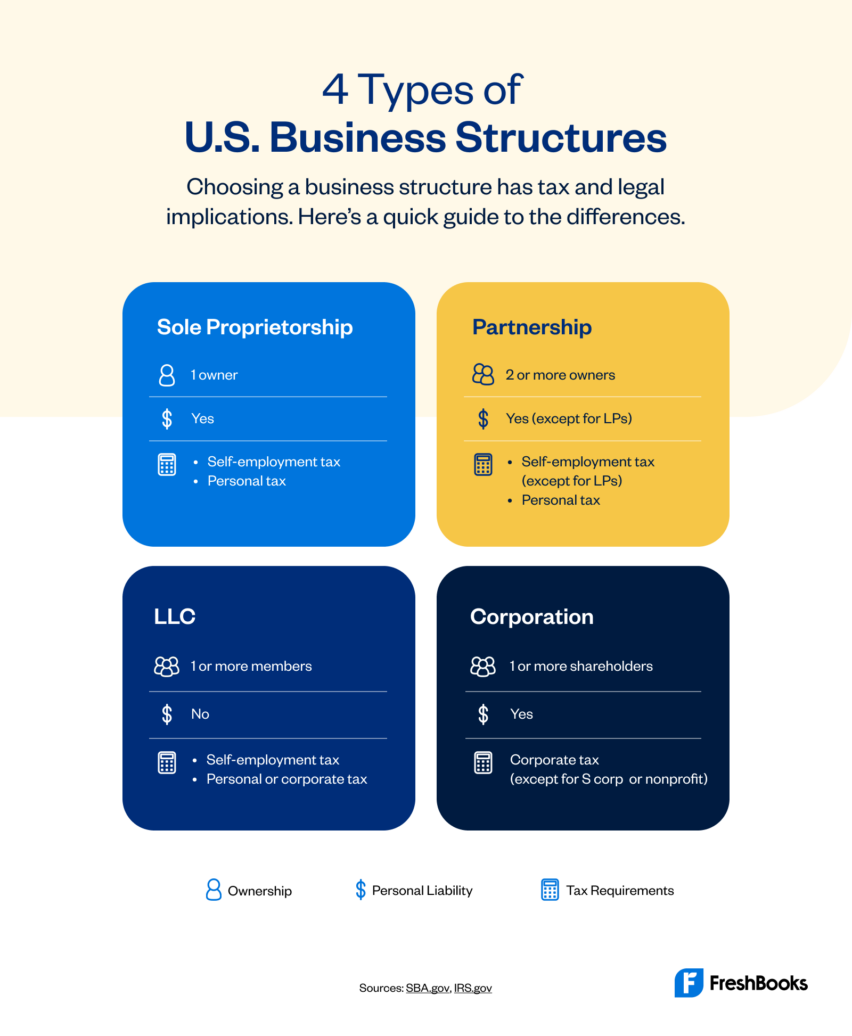Check List To Start Coaching Business

Need a coaching business checklist? This guide breaks down every essential step for starting a coaching business checklist to help you start your coaching practice effectively.
Key Takeaways
Define your coaching niche by assessing your strengths, passions, and market demand to attract the right clients.
Create a comprehensive business plan that outlines your services, sets SMART goals, and establishes a transparent pricing structure for clear communication with clients.
Commit to continuous learning and improvement by attending workshops and seeking feedback to enhance your coaching skills and adapt to industry changes.
Define Your Coaching Niche
Defining your coaching niche is crucial. Narrowing your focus allows you to target the right clients and make your marketing efforts more effective. Many coaches make the mistake of trying to serve everyone, but a well-defined niche allows you to differentiate yourself from competitors and attract clients who resonate with your unique offerings.
Your target audience should consist of those who can and want to pay for your coaching services. Identify your strengths and passions to select a niche that feels authentic and fulfilling. This will make your work more enjoyable and help you connect more deeply with your clients, creating a more impactful coaching experience.
Start by assessing your strengths and passions, and conduct thorough market research to ensure there is demand for your chosen niche. This approach helps you carve out a space in the coaching industry where you can thrive and make a meaningful difference.

Assess Your Strengths and Passions
Begin by listing your top five life coaching topics that resonate with your skills and interests to define your coaching niche effectively. Reflect on your specific abilities, such as writing, public speaking, or any soft skills you’ve developed at work. These skills can provide a strong foundation for your coaching practice.
Next, consider your past job experiences that might offer transferable skills suitable for coaching. Align your expertise and passion to determine your coaching niche. Analyzing your skills in relation to potential clients’ needs helps you narrow your focus and create an authentic and fulfilling niche.
Research Market Demand
Validate the demand for specific coaching niches by conducting thorough market research. This ensures your coaching business plan is realistic and outlines potential outcomes. Investigate changes in the coaching industry and opportunities that have emerged post-pandemic to stay ahead of the curve.
Identify your target clients and understand their specific needs by examining relevant groups and market trends. With over 1 million searches made monthly for life, business, and executive coaches, there’s a significant demand waiting to be tapped. This research will help you better understand your target clients and tailor your services to meet their expectations.
Create a Business Plan
Creating a comprehensive business plan is crucial. It should outline your coaching niche and target market. It should also detail your coaching packages, marketing strategies, pricing, and financial projections. A well-crafted business plan details your goals, strategies, and financial projections, serving as a roadmap to keep you on course and accountable.
Outline business operations like client onboarding, session delivery, invoicing, and relationship nurturing when setting up your life coaching business checklist. A clear vision and mission set direction and goals for your business, ensuring focus and motivation throughout the journey.

Set SMART Goals
Set SMART goals—Specific, Measurable, Achievable, Relevant, and Time-bound—to achieve business success. Writing down your goals and devising steps to achieve them significantly boosts goal attainment and keeps you organized and focused.
Outline Your Services and Pricing
Consider your clients’ needs and availability when outlining your services and pricing. Crafting coaching packages that cater to these needs can help you offer clear choices to clients, allowing them to compare different options available. Typically, life coaches charge between $75 and $200 per hour, but you can develop various packages to suit different client needs and budgets.
Detail services, price, and obligations in your coaching contract to establish clear expectations from the outset. Regularly check what other coaches are offering to understand pricing standards in your niche and consider offering discounts for long-term packages to attract clients.
Clear and transparent communication about your services and pricing is key to building trust and attracting paying clients.
Establish Your Business Structure
Choosing the right business structure is vital. It will affect management control and obligations. It will also influence tax requirements. Decide whether to operate as a sole proprietorship or a limited liability company (LLC) based on your needs. Review your business goals to ensure your chosen structure aligns with your long-term vision.
Legally registering your coaching business enhances credibility and professionalism. Check state laws for registration requirements and ensure your business license is valid and current. This step is crucial for operating legally and protecting your business name.

Register Your Business
Registering your business name at the state level provides legal recognition and protects it from being used by others. Ensure compliance with local laws to operate your own business coaching business legally and enhance your credibility.
Obtain Necessary Licenses and Permits
Determine the specific licenses and permits required for your coaching business by researching local laws. Failure to secure these can lead to penalties, fines, and even business closure. Common licenses may include general business licenses and specific coaching certification licenses depending on your niche.
Gather necessary documentation like proof of identity, business registration, and certifications, and submit applications to the appropriate government agency. Regularly review and renew your licenses and permits to maintain compliance and avoid lapses that could impact your business.
Develop Your Brand Identity
A strong brand identity is essential for a successful and sustainable coaching business. Define your brand identity, including your logo and core marketing message, to communicate who you are, who you serve, and how you help. Focusing on building a solid brand helps you attract clients who resonate with your unique values and beliefs.
Identify your unique qualities, such as your background or experience, to differentiate your coaching brand from competitors. A memorable brand ensures that potential clients instantly recognize your coaching business and feel compelled to engage with you.
Design Your Logo and Visuals
Creating a professional logo and visual elements is essential for reflecting your brand’s personality. Use specific colors and visuals that align with your personal brand to create a cohesive and professional look.
Platforms like Fiverr.com can help you hire graphic designers for logo creation.
Craft Your Core Marketing Message
Your core marketing message should resonate with the challenges and aspirations of your target clients. A compelling tagline can encapsulate your unique coaching approach and enhance brand recognition. The messaging in your branding should address the key challenges and desires of potential clients, making them feel understood and motivated to engage with your services.
A clear and powerful core marketing message differentiates you from other coaches, ensuring your brand stands out. This message should be consistently integrated across all your marketing materials, both online and offline, to create a cohesive and compelling brand identity.
Build Your Online Presence
Building a robust online presence is essential for attracting clients and establishing credibility. A website serves as an elevator pitch, showcasing your services, testimonials, and booking options. It also provides a platform to share valuable content, enhancing your visibility and expertise.
Your online presence should be consistent across all platforms, including social media, to create a cohesive personal brand. Effectively leveraging social media can enhance engagement with potential clients and strengthen your brand.
Create a Professional Website
A professional website is critical for showcasing your brand identity and attracting clients.
Include key elements like:
Testimonials
Free resources
Credentials
A summary of services offered
Platforms like WordPress and Squarespace are recommended for building user-friendly and professional websites.
Focus on creating a simple, one-page website with an overview, services offered, and contact information initially. Ensure the website has a responsive design to improve user experience and make it easy for clients to navigate and engage with content.
Leverage Social Media Platforms
Follow strategies in social media guides to combine social media and your coaching business effectively. Posting tips and valuable insights on social media platforms can attract prospects and boost engagement.
Platforms like LinkedIn are useful for reaching working professionals and building a network.
Implement Effective Marketing Strategies
A strategic marketing plan is crucial for attracting, nurturing, and converting clients. Focus on ‘low-hanging fruit’ to streamline efforts in acquiring paying clients initially. Live sessions can foster stronger connections and enhance client relationships.
Investing time in promotion and content at the start of your coaching business is essential for productivity. Use marketing techniques like email marketing and tutorials to broaden your reach and attract clients. Targeted advertising tools can help attract new clients and grow your coaching business.
Content Marketing
A blog on your website can help share insights and attract traffic. High-value content should address the struggles and concerns of your target audience. Substantive content with a powerful call to action can boost conversions and engage prospects effectively.
High-quality images and a clean layout improve user engagement. When you generate revenue to reinvest, consider hiring writers and graphic designers. This can enhance your content marketing strategy significantly.
Email Marketing
Regular newsletters can help maintain and nurture relationships with your email subscribers, turning them into clients over time. Segmenting your email list allows for tailored messaging, improving engagement and conversion rates.
Building an email list is essential for ongoing engagement with potential clients and enhancing your marketing strategy.
Set Up Your Client Onboarding Process
An effective onboarding process reduces client uncertainty and enhances their comfort level. A well-structured onboarding experience can influence a client’s decision to continue working with you. Create welcome materials and schedule initial sessions to set clear expectations and build a strong foundation for the coaching relationship.
Create Welcome Materials
Welcome packets or guides introduce new clients to your coaching process and set clear expectations. Include a post-session write-up with notes, links, and an action list to aid client understanding and retention.
Encourage clients to reschedule or cancel sessions independently to enhance their convenience and satisfaction.
Schedule Initial Sessions
Initial coaching sessions set expectations about the coaching relationship and what coaching clients can expect from the process. Clear communication of goals during these sessions helps align the coaching process with the client’s expectations.
Providing welcome materials during initial sessions helps clients understand the coaching process and their roles, creating a strong foundation for the relationship.
Protect Yourself and Your Business
Choosing the right business structure can limit personal liability for business debts, making it a crucial part of your coaching checklist as a business owner. Business structures like sole proprietorship or LLC affect taxes and management control. Acquiring business insurance is essential for safeguarding against potential lawsuits and enhancing business credibility.
Having the right legal protections in place provides peace of mind and allows you to focus on growing your coaching business. This includes drafting a clear coaching contract and obtaining necessary insurance to cover potential liabilities.
Draft a Coaching Contract
A coaching contract should outline services, pricing, and the obligations of both parties. Have the contract signed as close to payment as possible to ensure both parties are on the same page from the start. Using an e-contract provides convenience, security, and efficiency. Lisa Fraley offers DIY templates for coaching contracts, making it easier to draft a professional agreement.
The first call with a client should occur only after the contract is signed, ensuring all terms are agreed upon beforehand. This helps to set clear expectations and protect both the coach and the client.
Get Business Insurance
Obtaining business insurance is essential to protect against potential liabilities that may arise from your coaching practice. Explore different types of business insurance, such as general liability insurance and professional liability insurance, which are crucial for coaching businesses.
The U.S. Small Business Administration website provides valuable information on the types of insurance available.
Utilize Workee for All-in-One Coaching Management
Workee is an all-in-one coaching software trusted by 15,000 experts, highlighting its credibility in the coaching industry. With an average rating of 5.0 from its users, Workee is highly regarded for its simplicity and user-friendly interface. The platform’s main functions include creating a personal business, running your business in one place, and finding new clients.
Utilize Workee’s tools to easily manage your online coaching business and client workflows. This software can streamline your operations, from managing bookings and payments to simplifying website creation, allowing you to focus on what you do best—coaching.

Manage Payments Efficiently
Workee’s payment system is designed to be fee-free, making transactions more profitable for coaches. The zero-fee payment system and diverse subscription plans add to its appeal according to users.
Using Workee can streamline your payment management, enhancing your financial operations and maintaining client trust regarding payments.
Simplify Website Creation
Creating a professional website is essential for coaches to establish their online presence and attract clients. Workee streamlines the website development process, making it user-friendly for coaches.
According to Jen Banks, Workee has truly streamlined the process of creating a website, making it easier to showcase your services and connect with potential clients.
Commit to Continuous Learning and Growth
Ongoing personal development and training are crucial for continuous improvement as a coach. Continuous education helps coaches enhance their skills to adapt to changing client needs and industry dynamics. Sharing success stories among coaches can lead to collective improvement and innovation in coaching practices.
Coaches should set specific goals for their professional development and actively seek out learning opportunities. This commitment to continuous learning and growth allows coaches to stay relevant and effective in their practice.
Attend Workshops and Training
Coaches can significantly improve their skills by enrolling in training programs and attending industry conferences. Participating in workshops helps career coach and life coach discover new methodologies tailored to their clients’ diverse needs.
Attending industry events also allows coaches to stay informed about the latest trends and techniques in coaching.
Seek Feedback and Improve
Regularly seeking feedback from clients and peers is essential for identifying areas for improvement and enhancing your coaching skills. Commitment to continuous learning and growth allows coaches to stay relevant and effective in their practice.
Integrating feedback into your coaching sessions can lead to more tailored and effective client experiences.
Summary
In summary, starting a coaching business involves a series of well-planned steps, from defining your niche and creating a business plan to establishing a business structure and developing a strong brand identity. Building an online presence, implementing effective marketing strategies, and setting up a seamless client onboarding process are crucial for attracting and retaining clients. Protecting your business legally and leveraging tools like Workee can streamline your operations, allowing you to focus on continuous learning and growth to stay ahead in the coaching industry. By following this comprehensive coaching business checklist, you can turn your passion for helping others into a successful and fulfilling career.
Frequently Asked Questions
Why is defining a coaching niche important?
Defining a coaching niche is vital because it helps you connect with the right clients and strengthens your marketing impact. Embrace your unique focus to attract those who truly resonate with your expertise!
What should be included in a coaching business plan?
To create a successful coaching business plan, focus on defining your niche, identifying your target market, outlining coaching packages, and developing effective marketing strategies and financial projections. This comprehensive approach will set you up for success!
How can Workee help in managing a coaching business?
Workee simplifies managing your coaching business by centralizing bookings, payments, invoices, and client interactions all in one platform. Embrace the efficiency and focus more on what you love—coaching!
Why is it important to have a coaching contract?
Having a coaching contract is crucial as it establishes clear expectations, defines services and pricing, and protects both parties legally. This clarity helps build a strong foundation for a successful coaching relationship.
What types of business insurance should a coaching business consider?
A coaching business should consider general liability insurance and professional liability insurance to safeguard against potential risks. This protection will provide peace of mind, allowing you to focus on your clients and grow your business confidently.


